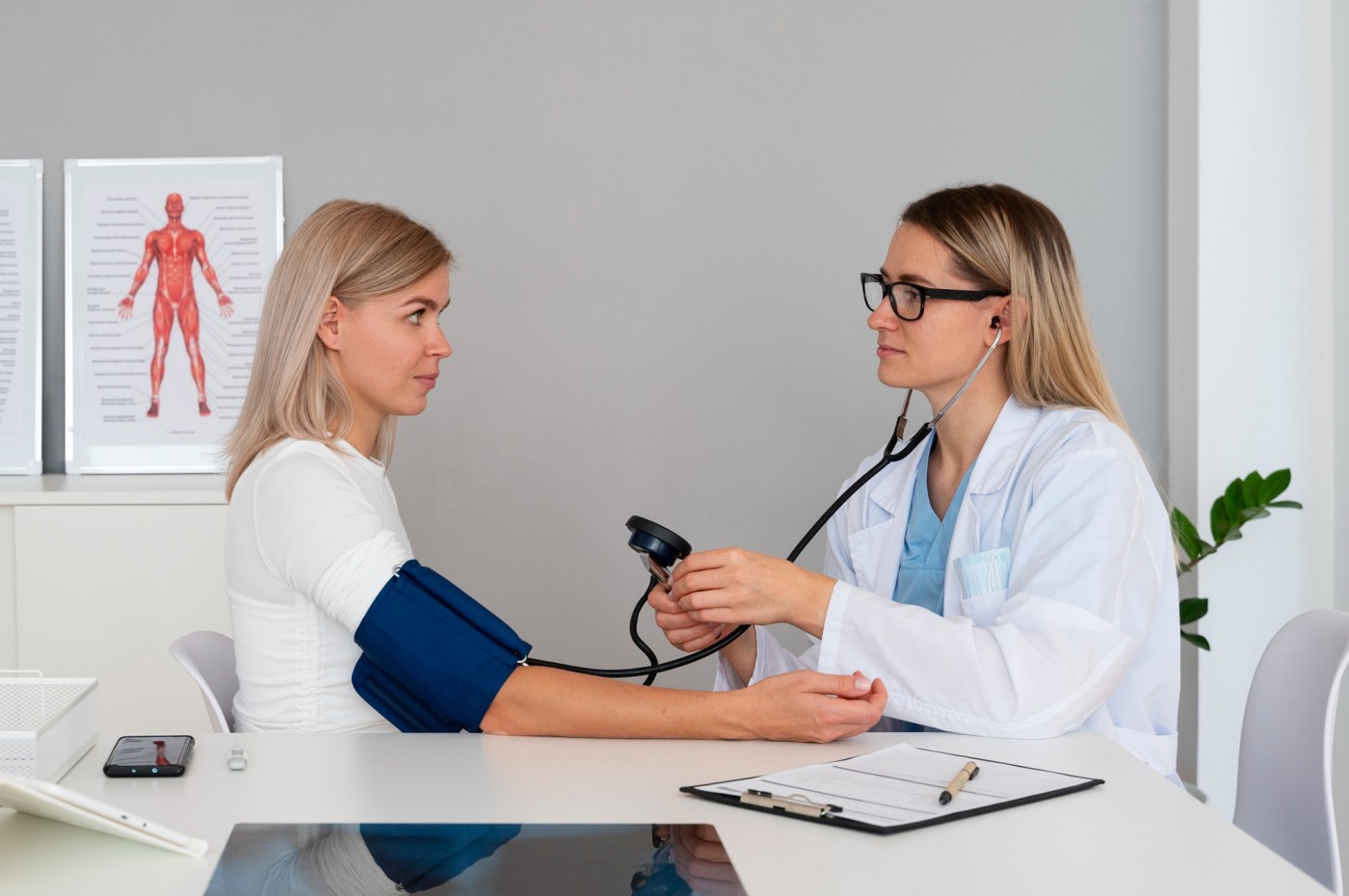Comprehensive General Health Check-Ups: A Key to Long-Term Wellness
A general health check-up is one of the most proactive steps you can take towards ensuring long-term wellness. Regular health check-ups help detect potential health issues early, allowing for timely intervention and better management. In this article, we will explore the importance of a general health check-up, the various components it includes, and why it should be a regular part of your healthcare routine.
Why a General Health Check-Up is Essential
Your body is a complex system, and even the smallest changes in its function can indicate an underlying health concern. A general health check-up offers a comprehensive review of your physical health, aiming to detect potential health risks, provide preventative care, and promote overall well-being.
Here are some reasons why regular health check-ups are crucial:
1. Early Detection of Health Issues
One of the main benefits of a general health check-up is the early detection of health conditions, some of which may not show noticeable symptoms in their early stages. For example, hypertension (high blood pressure) and diabetes can develop slowly without causing immediate signs, but these conditions can lead to severe complications if left untreated. Regular health check-ups allow doctors to monitor your health and catch any issues before they become more serious.
2. Prevention and Health Promotion
Prevention is always better than treatment. Regular check-ups allow healthcare providers to assess risk factors and offer personalized advice on how to reduce your chances of developing chronic diseases. From dietary recommendations to exercise plans and lifestyle modifications, a health check-up can help you stay healthy for the long haul.
3. Monitoring Existing Health Conditions
If you already have existing health conditions, such as diabetes, high cholesterol, or heart disease, a general health check-up is essential for monitoring your progress. During your check-up, your doctor will evaluate how well your conditions are being managed and adjust treatment plans as needed to ensure optimal health.
4. Peace of Mind
Knowing that you are taking proactive steps towards maintaining your health provides peace of mind. Regular check-ups allow you to stay informed about your health status and take the necessary actions to stay on top of any potential risks.
What to Expect During a General Health Check-Up
A general health check-up typically includes a range of tests and examinations to assess your overall health. The exact tests and screenings may vary depending on factors such as your age, gender, medical history, and lifestyle. However, most general check-ups involve the following components:
1. Medical History Review
Your doctor will begin by reviewing your medical history. They will ask questions about any previous illnesses, surgeries, allergies, and any medications you are currently taking. Your family history of health conditions will also be discussed, as certain diseases can have genetic links.
2. Physical Examination
A physical exam is a fundamental part of a general health check-up. The physician will examine your body for any visible signs of health issues. This includes checking your heart rate, blood pressure, breathing, and temperature. They will also assess your skin, eyes, ears, and other vital organs to ensure they are functioning normally.
3. Blood Tests
Blood tests are commonly conducted during a general health check-up to assess various factors such as cholesterol levels, blood sugar, liver and kidney function, and blood cell count. These tests help detect conditions like anemia, diabetes, and heart disease.
4. Urine Tests
Urine analysis is another standard test during a general health check-up. It can help detect kidney problems, urinary tract infections (UTIs), and even early signs of diabetes. Urine tests are also used to monitor kidney function and assess hydration levels.
5. Blood Pressure Check
High blood pressure (hypertension) is a common condition that can lead to heart disease, stroke, and kidney problems. A general health check-up includes measuring your blood pressure to ensure it is within a healthy range. If your blood pressure is elevated, your doctor may recommend lifestyle changes or prescribe medications to help manage it.
6. Heart and Lung Evaluation
Your doctor will listen to your heart and lungs using a stethoscope. They will check for any irregularities in your heartbeat, such as arrhythmias, and evaluate your lung function to detect any signs of asthma, pneumonia, or other respiratory conditions.
7. Cancer Screenings
As part of a comprehensive health check-up, your doctor may recommend cancer screenings based on your age, gender, and family history. Common screenings include mammograms (for breast cancer), Pap smears (for cervical cancer), and colonoscopies (for colorectal cancer). These screenings are essential for detecting cancer early when treatment is most effective.
8. Body Mass Index (BMI) Measurement
A general health check-up often includes measuring your BMI, which is a useful indicator of whether you are underweight, at a healthy weight, overweight, or obese. Maintaining a healthy weight is crucial for preventing various health conditions, including heart disease, diabetes, and joint issues.
9. Vaccinations
Your doctor will check your vaccination history during the health check-up and ensure that you are up to date on essential immunizations, such as flu shots, tetanus boosters, and hepatitis vaccines. Vaccinations are vital for preventing serious infectious diseases.
Benefits of Regular General Health Check-Ups
1. Better Long-Term Health
By identifying potential health risks early and implementing preventive measures, regular general health check-ups can significantly improve your long-term health outcomes. Early detection of conditions such as high cholesterol, diabetes, and certain types of cancer can make a significant difference in your treatment options and prognosis.
2. Personalized Health Advice
Your healthcare provider will offer personalized advice based on your individual health status and risk factors. Whether it’s dietary changes, exercise recommendations, or lifestyle adjustments, personalized care ensures that you are on the right path to maintaining your health.
3. Reduction in Healthcare Costs
While it may seem like an expense to schedule a regular health check-up, it can actually save you money in the long run. By detecting and managing health problems early, you can avoid expensive treatments and hospitalizations that result from untreated conditions.
4. Enhanced Quality of Life
When you take charge of your health, you improve your chances of leading a fulfilling, active, and vibrant life. Regular general health check-ups help you stay on top of your well-being, so you can enjoy life without the burden of chronic diseases or health complications.
How Often Should You Have a General Health Check-Up?
The frequency of your general health check-up will depend on factors such as age, gender, and overall health. However, the general recommendation is to have an annual check-up with your doctor, particularly if you are over the age of 40 or have existing health conditions. Younger, healthier individuals may require check-ups less frequently, but routine exams are still important for monitoring overall health.
Conclusion
A general health check-up is an essential component of preventive care that can significantly improve your quality of life and long-term health. By staying proactive and getting regular check-ups, you can detect health issues early, manage chronic conditions, and receive expert advice on how to live a healthier lifestyle. Whether you’re young and healthy or managing existing conditions, a general health check-up is a crucial step towards achieving and maintaining optimal wellness. Make your health a priority and schedule your check-up today!














Post Comment